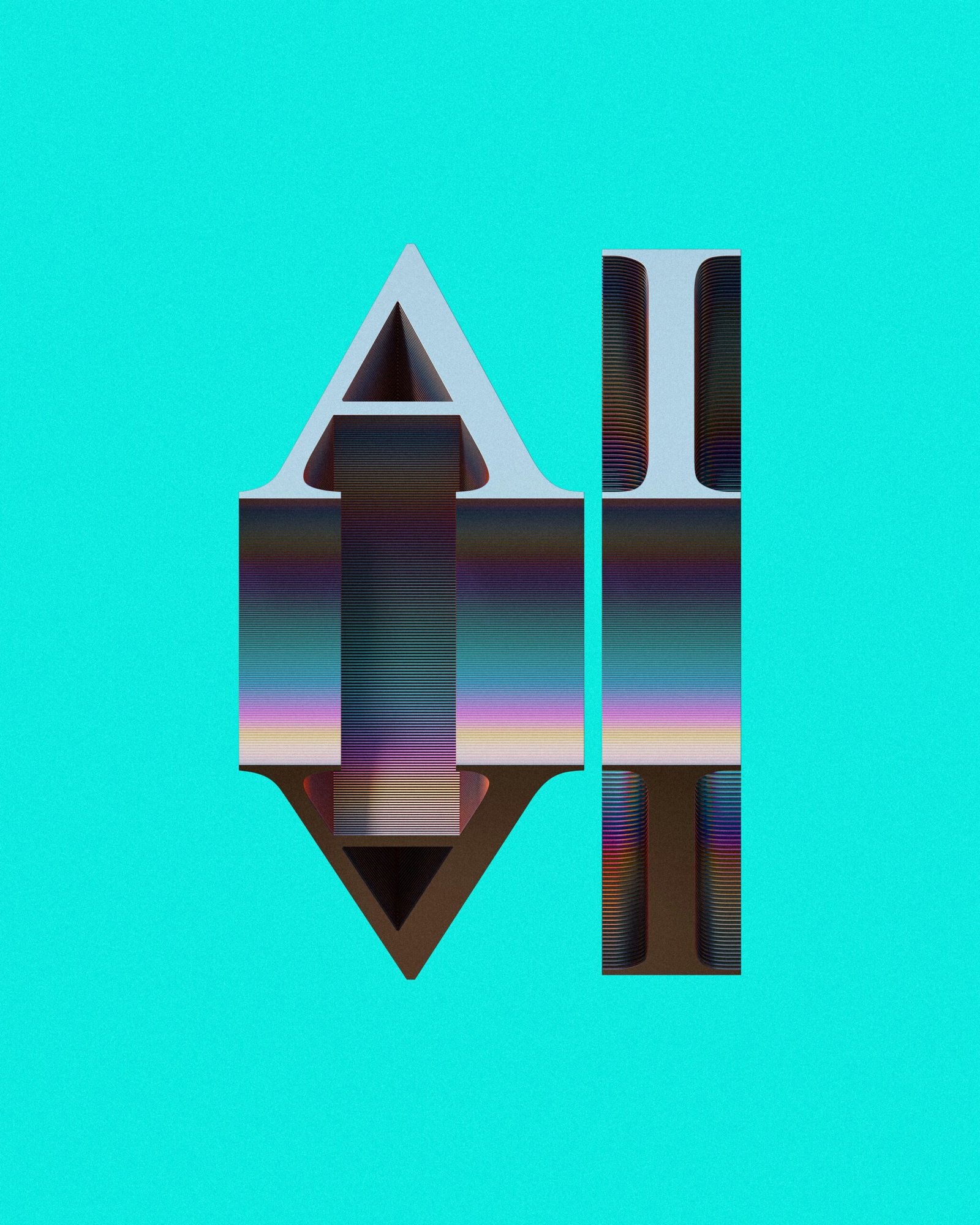AI Grok is paving the way for the transformation of question and answer services in India by utilizing cutting-edge artificial intelligence technologies. This innovative platform leverages advanced natural language processing capabilities to interpret user queries effectively and generate precise responses. The implementation of these technologies signifies a notable advancement in the way information is accessed and disseminated in a rapidly digitalizing world.
With its ability to understand context and nuances in language, AI Grok facilitates a seamless interaction between users and the system. The platform is designed to cater to a wide range of inquiries, whether they pertain to academic, professional, or everyday topics. This versatility is one of the key factors that have contributed to its growing popularity among Indian users, who increasingly rely on artificial intelligence for immediate and reliable information.

Grok
AI Grok’s capabilities extend beyond traditional search engines, focusing on delivering curated answers rather than a list of generic links. This enhancement significantly improves the user experience by minimizing the time spent sifting through irrelevant data. The platform’s success is rooted in its ongoing adaptation to regional linguistic preferences and cultural contexts, ensuring that the responses generated are not only accurate but also relatable to the Indian user base.
Moreover, AI Grok supports multiple languages, reflecting the linguistic diversity of India. By incorporating various dialects and vernaculars, it addresses a wider audience, promoting inclusivity and accessibility. As users continue to engage with AI Grok, the insights gathered can further refine the answer-generation process, fostering a cycle of improvement and innovation in the realm of artificial intelligence.

In recent years, there has been a notable shift in the types of questions being posed by users in India, particularly through platforms like AI Grok. These questions span various categories, illustrating a wide array of interests reflective of contemporary societal dynamics. As users increasingly turn to artificial intelligence for information and clarification, understanding these trends becomes vital.
One prominent area of inquiry is politics, where users seek clarity on pressing issues, policy changes, and electoral processes. For instance, questions related to recent governmental reforms or the implications of various political party strategies have surged. This indicates a heightened public engagement in political discourse, with individuals wanting to understand the potential impact of policies on their daily lives.
Entertainment also garners significant attention, as individuals inquire about the latest film releases, celebrity news, and music trends. For example, questions about the box office performances of recent movies or the outcomes of award shows have become commonplace. This reflects a cultural engagement where entertainment serves as both an escape and a means for social interaction.
Technology remains another dominant category, especially as advancements such as artificial intelligence continue to influence various facets of life. Users frequently ask about new gadgets, software updates, and the implications of emerging technologies on privacy and security. This demonstrates a growing awareness and concern regarding the fast-paced nature of technological growth and its societal implications.
Furthermore, health-related inquiries have seen a significant uptick, particularly in the wake of global health challenges. Users are increasingly seeking information on wellness practices, disease prevention, and mental health resources. Questions about vaccines, nutrition, and fitness reflect a society striving for improved health outcomes and holistic well-being.
Through these examples, it is evident that AI Grok serves as a conduit for understanding the evolving informational needs of users in India, showcasing their diverse interests across politics, entertainment, technology, and health. This trend highlights the importance of responsive and relevant information provision in an increasingly digital age.
In recent years, AI Grok has emerged as a transformative tool in the realm of information access for users across India. By utilizing advanced artificial intelligence algorithms, it enables individuals to obtain instant answers to their queries, significantly enhancing the way information is consumed and accessed. One of the primary advantages of AI Grok is its ability to provide reliable responses almost instantaneously, catering to the fast-paced lifestyle of the modern user. This immediacy not only saves time but also allows users to gather valuable information quickly, which is particularly beneficial in educational and professional settings.
Moreover, AI Grok’s integration into various platforms ensures that users can access information conveniently from multiple devices and locations. The emphasis on ease of use, coupled with sophisticated natural language processing, allows users to interact with the system in a straightforward manner, effectively bridging the gap between complex databases and casual inquiries. This democratization of information empowers users, enabling them to obtain knowledge on a plethora of topics without the traditional barriers often associated with academic research or expert consultation.
However, while the benefits of AI Grok are substantial, there are inherent challenges and limitations that accompany its use. The reliance on AI-generated information raises concerns regarding accuracy and context. AI systems can occasionally misinterpret nuances or present outdated data, potentially misleading users who may not possess the expertise to discern factual from erroneous information. Additionally, over-reliance on such tools might diminish critical thinking skills, as users may become accustomed to accepting AI-generated answers without further scrutiny. It is crucial for users to cultivate discernment in evaluating the information provided by AI systems like Grok, ensuring that they maintain an informed perspective amidst the conveniences offered by technology.
The landscape of artificial intelligence (AI) powered Q&A systems in India is poised for significant transformation in the coming years. As technology continues to advance, AI Grok and its counterparts are likely to see remarkable enhancements in both functionality and user engagement. One of the pivotal factors influencing this evolution will be the thoughtful integration of user feedback. By actively incorporating insights from users, developers can refine these platforms to better meet the needs of diverse communities, ensuring that the experience remains intuitive and informative.
Furthermore, the adoption of regional languages will play a crucial role in making AI-assisted Q&A systems more accessible to a wider audience. India’s linguistic diversity presents both a challenge and an opportunity. The implementation of AI technologies that support multiple languages will not only broaden the user base but also ensure that information is relevant and readily available in the language of choice for various user demographics. This focus on local languages is essential for bridging information gaps and facilitating more meaningful interactions between users and AI systems.
Additionally, there is potential for AI Grok to enhance its capabilities through machine learning and natural language processing advancements. As these technologies evolve, the accuracy and relevance of responses will improve, making AI Q&A systems an indispensable tool for knowledge dissemination. The fusion of tailored content creation and advanced algorithms can lead to continuous growth in user engagement and satisfaction.
In conclusion, the future of AI-powered Q&A in India appears promising, driven by user feedback, language inclusivity, and technological advancements. As these systems develop, they will facilitate increased access to information across various demographics, proving invaluable in a rapidly changing information landscape.









Leave a Reply